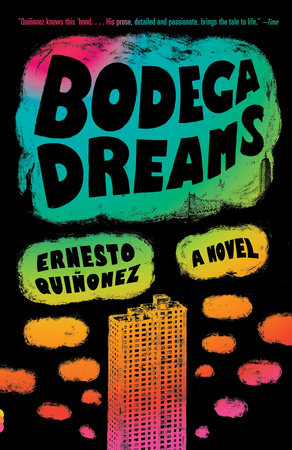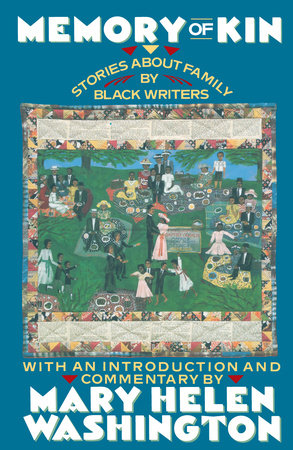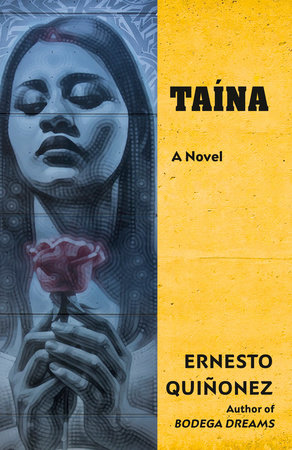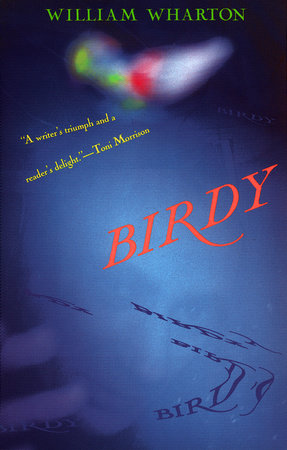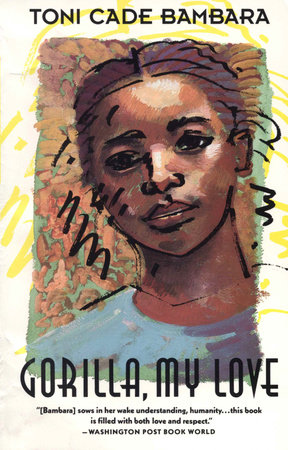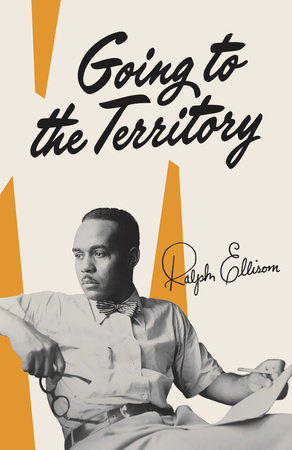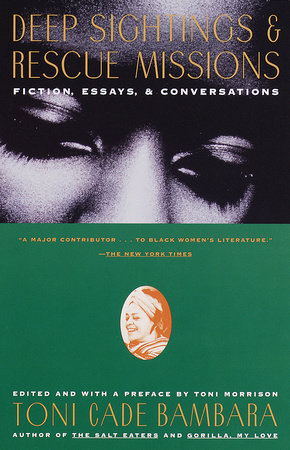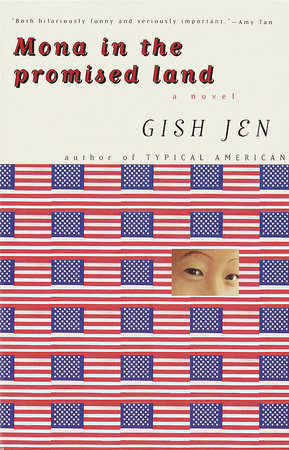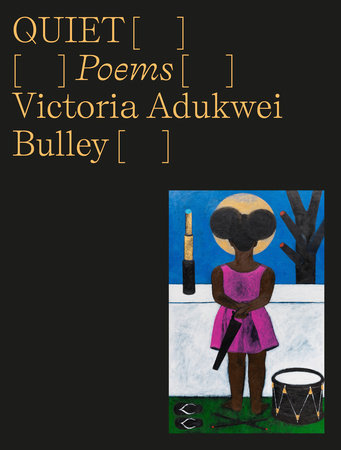Q: You are part Puerto Rican, part Ecuadorian. You were raised in El Barrio by a communist father and a Jehovah’s Witness mother. How have issues of ethnicity and religion informed Bodega Dreams?
A: Ethnicity and religion are central to the Latino community’s that’s reflected in my book in a way that allows me to explore how they coexist in Spanish Harlem. In my family, my mother was the religious one, my father more political and existential. In Bodega Dreams you can see this in some of the characters: Blanca and Chino, for instance, play those roles, respectively.
Q: So, how much of your novel is autobiographical?
A: The first chapter, which explores the school years and early friendships of Chino growing up on the streets in Spanish Harlem, is very autobiographical. Chino paints "R.I.P."s–a kind of graffiti meant to memorialize people in the neighborhood who’ve died; I did that too when I was a kid. Growing up in Spanish Harlem, you learn that in order to not take a beating everyday, you have to fight sometimes. It’s better to hit back and get beaten up once or twice, then get picked on for the rest of your teens.
"Should I fight? How do I fight? Is there ever a just cause for violence?" These are some of the themes I wanted to explore in my book. But Chino isn’t really me, and the book is fiction, cut and paste stories, parts of me that are changed, diluted, built up, scattered all around, and–I hope–scenes that were true in the sense that novels are true.
Q: The character of Willie Bodega is your fictional creation, but some of the actual Young Lords make an appearance in the book, too. What first attracted you to write about the Young Lords?
A: As a little kid I remember seeing the Young Lords everywhere. They took it upon themselves to become school crossing guards. I remember being about five years old, and being led by the hand across the street by some of them. They seemed so strong and good to me then.
In the last chapter several of the Young Lords–Juan Gonzalez, Pablo Guzman, and Denise Oliver–make cameos. I wanted to write about the Young Lords not only because of how important they were to me ? but also to make sure that they will not be forgotten outside of the Latino community. They are part of our national lore, just like American cowboys.
Q: Willie Bodega is in many ways the heart of Bodega Dreams. At the start of the book, we discover that this drug dealer is a former Young Lord. Are you concerned that readers might find the portrayal of Bodega too sympathetic? Or that the book itself glorifies a drug lord?
A: I’m not, actually. I wanted to take on that question–of heroism, and the dark side of heroism, head on, and the way that seemed most relevant was though a figure like this.
There were two models for Willie Bodega, Jay Gatsby and Kurtz of Heart of Darkness. But that was what was in my head only and I hope I hid this well in the book.
Readers who say I’m glorifying a drug dealer may be the same readers who overlook how much Gatsby was romanticized by Fitzgerald. Like Gatsby, Bodega has broken the law; the difference is that Bodega is also renovating buildings, helping the community. I wanted to invoke some ambivalence in the figure of a street hero, a hero who isn’t just a hero, a villain who isn’t a villain, to look at both side of the coin, in the figure of one particular street lord, a guy who’s getting older and is seeing his dreams starting to tarnish.
Q: When you were writing this novel, did you have a specific audience in mind?
A: Yes, I did: the thousands of Latinos like me, who either grew up in the United States or were born here. I thought of the kids in my neighborhood, and the families there, too, and across the United States. There are many who still say: "Latinos don’t read." I don’t believe that for a minute. What happened is that, for a very long time, publishing didn’t do enough to create the market for them. The more mainstream houses didn’t bring out enough novels or nonfiction books that Latinos could relate to. Only now has the industry started to take notice that there is an audience–a diverse and eager market–for books that appeal to Latinos
Q: You have taught 4th grade in the South Bronx and you grew up in Spanish Harlem. How did your work in public schools inform Bodega Dreams? Has the Latino community changed since you were a child?
A: Teaching did help me in the form of what I didn’t want to write. I didn’t want to write a coming of age novel. I didn’t want to exploit my poverty either. But I did want to write a book from the place I knew. So as both a teacher and a writer, the questions I began to ask myself were, "I had to go through all this, why do these kids still have to go through it? Why aren’t their situations better? Why is it that we keep failing the residents of inner city ghettos? Have we made large strides in public housing, education and health?" Someone has to have a vision and try to change things. In Bodega Dreams it’s up to ordinary people to bring change because politicians won’t.
I taught for two years and my bilingual 4th graders were always getting Gym and not computer class; computer class was always reserved for the so-called "Gifted and Talented" classes. Third year, I had to see the Principal. "I let this happen for two years," I said, "now I want my kids to learn computers." He said that it was my job to teach them English. I had to fight tooth and nail for them to get a computer, period.
The inner city public schools are a constant battleground where small wars are waged daily just to get kids the tools they need to see past their circumstances. Change is going to come only if we make it happen. Frederick Douglass said, "Power will never be given to you. It will always have to be fought for and demanded." I think that now the Latin community is more aware of this, but it is still an uphill battle. Though we’ve made some progress, you are basically still talking about a population with very little wealth, one that’s outnumbered and outgunned.
Q: What writers have inspired you to write?
A: There are so many writers that I couldn’t name them all. Bodega Dreams is an homage to the Nuyorican poets of the 70’s: Lucky Cienfuegos with his rhythmic, "Rockefeller, Rockefeller, Genocide Genocide"; Miguel Pinero’s plays; Pedro Pietri’s "Puerto Rican Obituary"; Sandra Maria Estevez’ "My People Are All About Jam"; Shorty
Bon Bon, "Junky’s Heaven".
In high school I read Miguel Algarin’s Mongo Affair, (the 1975 Anthology) and was blown away. I did not realize we could say the things that Algarin had to say. In Bodega Dreams when you hear Sapo say, "like are you goin’ somewhere with this or just swimmin” laps?" you see the influence of the 70’s poets. In the last chapter, many of these poets even make cameos.
Q: Sandra Cisneros, Cristina Garcia, Abraham Rodriguez, Junot Diaz–Latino authors have gained a lot of attention within the last decade. What, in your view, needs to happen for that to continue in the future?
A: I think publishing has a golden opportunity to do what it did in the post war years of the 50’s and 60’s with Jewish literature, when you had Saul Bellow, Philip Roth, Joseph Heller, Barnard Malamud, I. B. Singer, Henry Roth, all those heavyweights. No one in their right mind would think now of teaching American Literature without mentioning those writers, yet once they were considered the outcast. Now they are no longer classified as Jewish literature; instead they are "literature"–part of the canon.
Now Latino literature is poised to achieve the same recognition. The publishing world needs to continue to recognize our writers and the audience that exists for our stories, both in the Latino community and within the mainstream. Each time the industry gives another Latino writer exposure, they help open an entirely new market. Junot Diaz and Sandra Cisneros may prove to be our equivalent of Singer and Bellow; they are two heavyweights about to be permanently crowned. And they are just the beginning.
Q: What is your next project?
A: I’m working on another novel. The same way the word Bodega is now woven into the vernacular, I’d like the word Botanica to be as well. The Botanica is a place to seek advice and buy oils, healing balms, religious artifacts, things like that.
My next book explores AIDS in Spanish Harlem. AIDS is one of the leading killers in the community. We have one of the highest infection rates in the nation, like one out of twenty-five. And increasingly, many of the people dying are women. Why? Sexism. Latin men don’t like to wear condoms and they need to get beyond that. But that’s only part of the solution. Women have to be given more power, and some laws and cultural customs will have to change, machismo will have to be obliterated.
La Botanica is central to my next book, because it is a meeting point of getting well, seeking comfort and support. I try to make everyone understand that to reach our full potential as a people, men and women alike will have to come together for freedom, rights and equality.
When I was writing Bodega Dreams, I concentrated on the idea of bettering yourself within bleak circumstances. That’s where I hope the true romance of the book will be for most readers. And that’s a feeling I want to return to, but in a different way, in my next book. I hope I can pull it off and still tell a good story.
